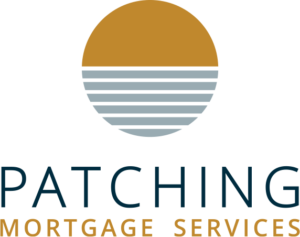Many lenders (majority of the big banks) are moving towards collateral charge mortgages. Therefore it’s important to understand the differences between a collateral and a standard charge mortgage.
A collateral charge mortgage registers the mortgage for a larger amount than required at closing. For example, it could be registered up to 125% of the value of the home at closing instead of the amount you need to complete your transaction.
Why is this an issue? Because a collateral mortgage creates problems at your renewal date. For borrowers who want to keep their mortgage options open at maturity and have negotiating power with their lender unfortunately will not because collateral charge mortgages are difficult to transfer from one lender to another.
What this means is that if you want to change lenders in order to seek a better product or rate, you will have to start from the beginning and pay new legal fees ($500 to $1,000.) With a standard charge mortgage, in most cases, your new lender will cover the charges under a “straight switch” in order to earn your business.
Also, with a collateral charge, it can be difficult to obtain a second mortgage or qualify for a home equity line of credit (HELOC) unless your home significantly appreciates in value.
Lenders offering collateral charge mortgages tell the client that it makes it easier and more cost effective to tap into your equity for such things as debt consolidation, renovations or property investment because there’s no need to visit a lawyer and pay legal fees – the money is available as your mortgage is paid down. But the catch is that if you read the fine print, you may still have to re-qualify at renewal.
A standard charge mortgage allows you to move to another lender at renewal should you want to without incurring any legal fees. Many borrowers find it beneficial to keep their options open. If you need to borrow more with a standard charge mortgage, you have the option of a second mortgage or a HELOC, which also enables you to take money out as your mortgage is paid down.
Navigating through the mortgage process alone can be tricky. Allow someone like myself who has access to multiple lenders help ensure you receive the product and rate catered to your specific needs.
All the best,
-D

